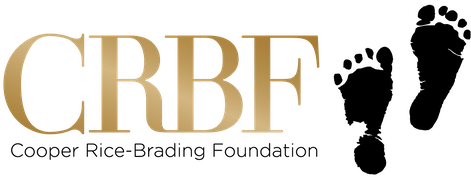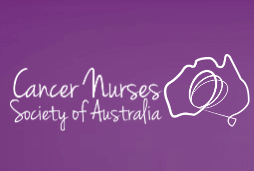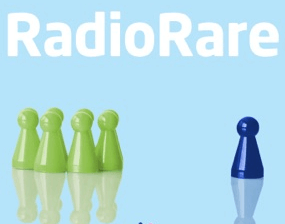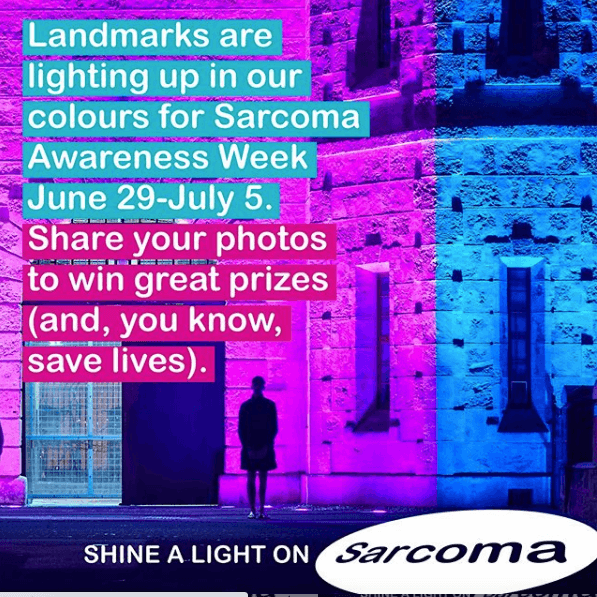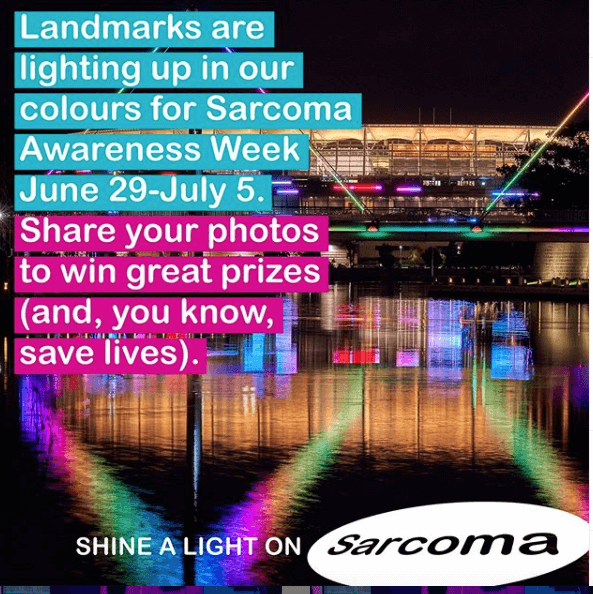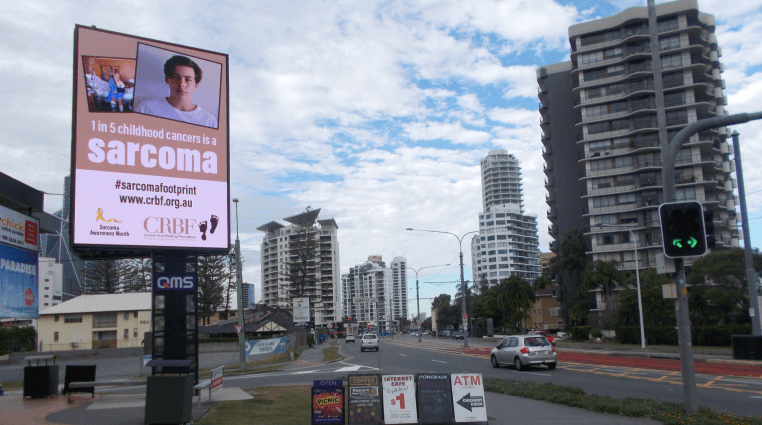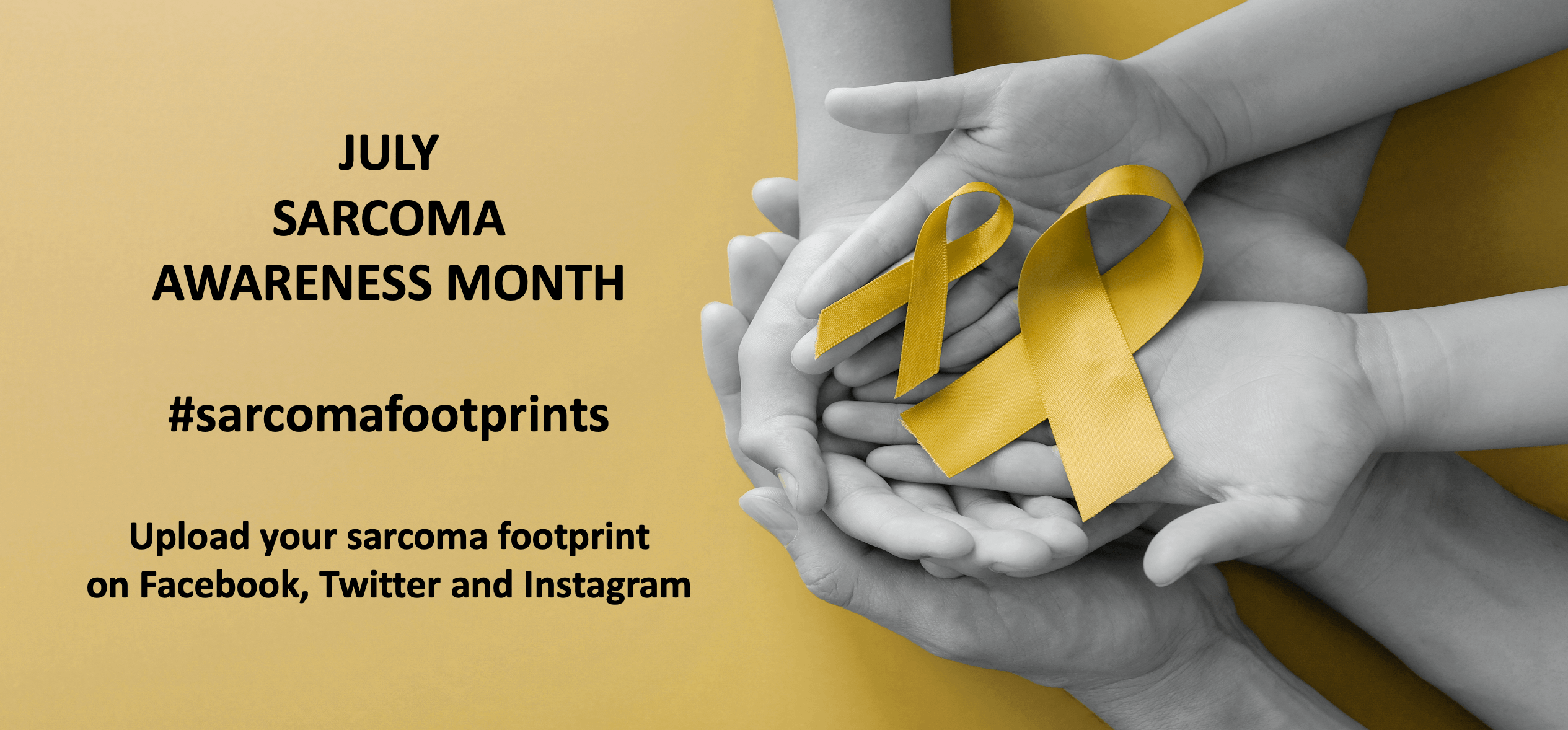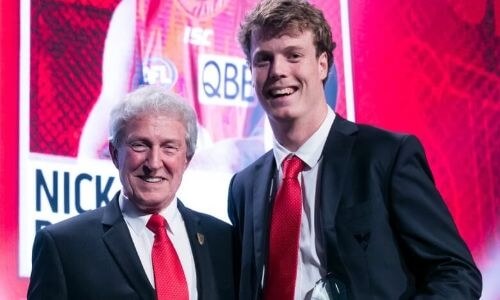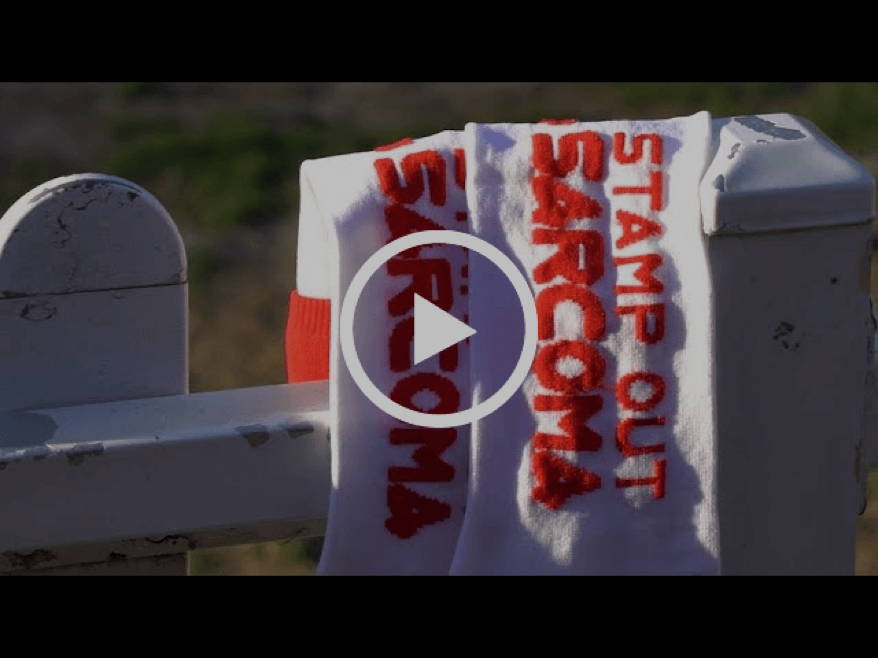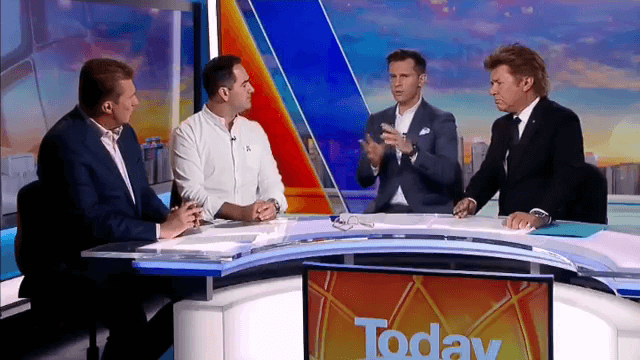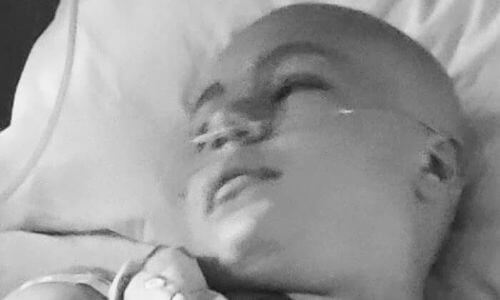Sarcoma Awareness Month
CRBF Press Release
July is Sarcoma Awareness Month, and the Cooper Rice-Brading Foundation (CRBF) has once again joined the global initiative to raise awareness of sarcoma, a cancer that sadly shatters the lives of far too many patients and families.
Each year, CRBF funds innovative research leading to a cure, and supports sarcoma patients from diagnosis throughout treatment and beyond. Throughout July, the Foundation’s efforts to spread sarcoma awareness are accelerated.
Sarcoma can affect all ages, but hits our young disproportionately hard. Of all childhood cancers, one in five is a sarcoma, and survival outcomes remain amongst the worst of all childhood cancers. Yet, sarcoma receives less than one per cent of total cancer funding.
This July, the Foundation is calling upon anyone impacted by sarcoma, to upload the #sarcomafootprint image to social media, which can be found on the CRBF Instagram (@crbfoundation) and Facebook pages, to highlight sarcoma’s devastating footprint.
With each step forward, with time, and with carefully targeted funding and research, we can all fight sarcoma together and help to find a cure.
CRBF Chairman, Robert Beech-Jones said the Foundation is hoping to spread an important message during Sarcoma Awareness Month.
“It’s been an incredibly tough start to the year for all Australians, however, for some it’s been made even worse with the sarcoma diagnosis of a family member or friend. or the devastating passing of a loved one,” Beech-Jones said.
“Despite the outstanding efforts of many in the sarcoma community, survival outcomes and treatment options have not changed significantly in almost 40 years, while other cancers are making important inroads into finding a cure.
“Through more funding and research, we’re aiming to facilitate an eventual cure for sarcoma and to stop lives being cut short.
“We understand how difficult 2020 has been for most, but unfortunately cancer doesn’t slow during times of hardship, and each day more young people are being diagnosed with sarcoma.
“We’re hoping we can continue to help raise awareness of sarcoma, and to ensure more people are informed of its prevalence and severity.
“Please join us in using #sarcomafootprint this July by uploading a photo of the CRBF footprint, if you or someone you know has been impacted by sarcoma.”
For those living in Sydney, Melbourne, Adelaide, Brisbane and Gold Coast, keep an eye out for CRBF digital billboards on major roads promoting sarcoma awareness messages from July 6. The billboards were kindly donated to CRBF by QMS media, on behalf of Daniel’s Race for a Cure conducted by the Alchin family, in memory of Daniel Alchin.
To launch Global Sarcoma Awareness Month, CRBF, together with their West Australian counterpart, Sock it to Sarcoma!, have worked collaboratively to produce the podcast series: Let’s Talk About Sarcoma. Hosted by Cathrine Mahoney and Michael ‘Wippa’ Wipfli, the podcast will be available through Apple podcasts, or at crbf.org.au, with episodes set to be released on July 3. This series will cover the expected, the unexpected and everything in between, of a sarcoma diagnosis. Patients, families, clinicians and researchers will provide the raw and honest narrative.
Cooper Rice-Brading sadly lost his brave fight against bone cancer in 2017, just 18 months after being diagnosed with osteosarcoma.
Prior to his passing, Cooper incepted the Cooper Rice-Brading Foundation to raise much needed funding for research into sarcoma, with the vision of improved survival outcomes and treatment options for all sarcoma patients.
